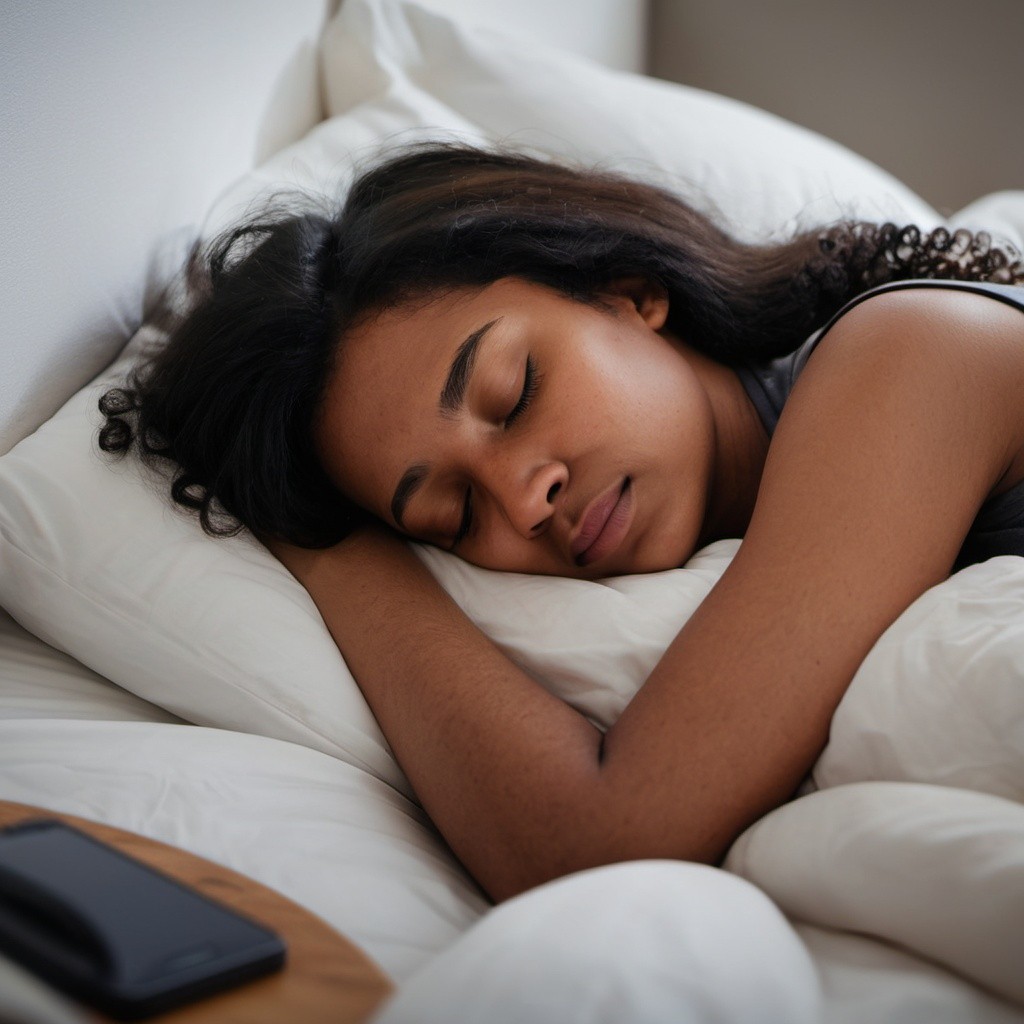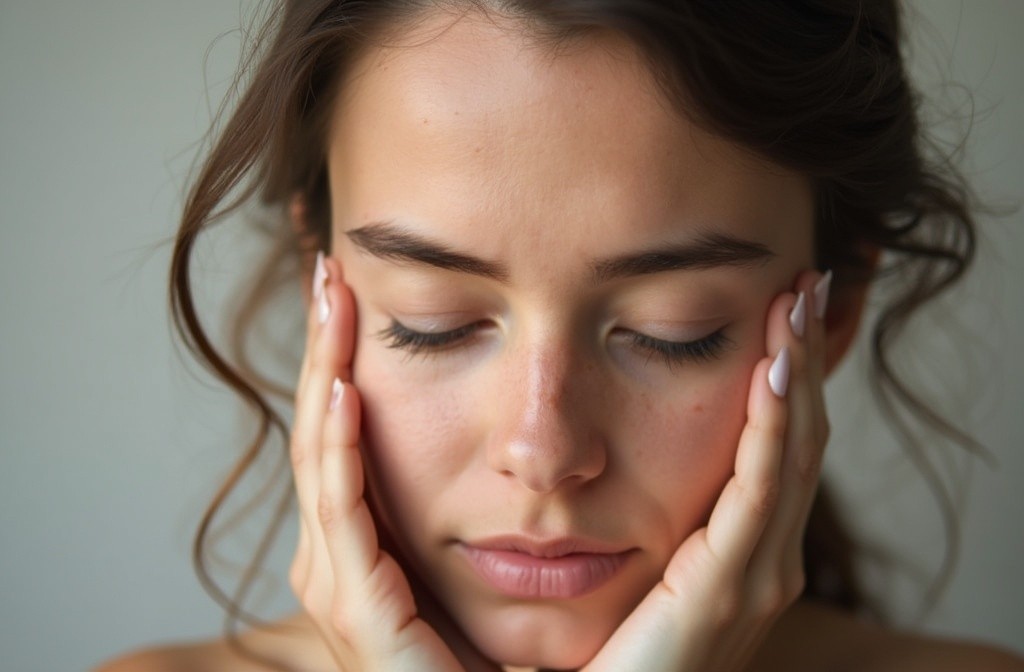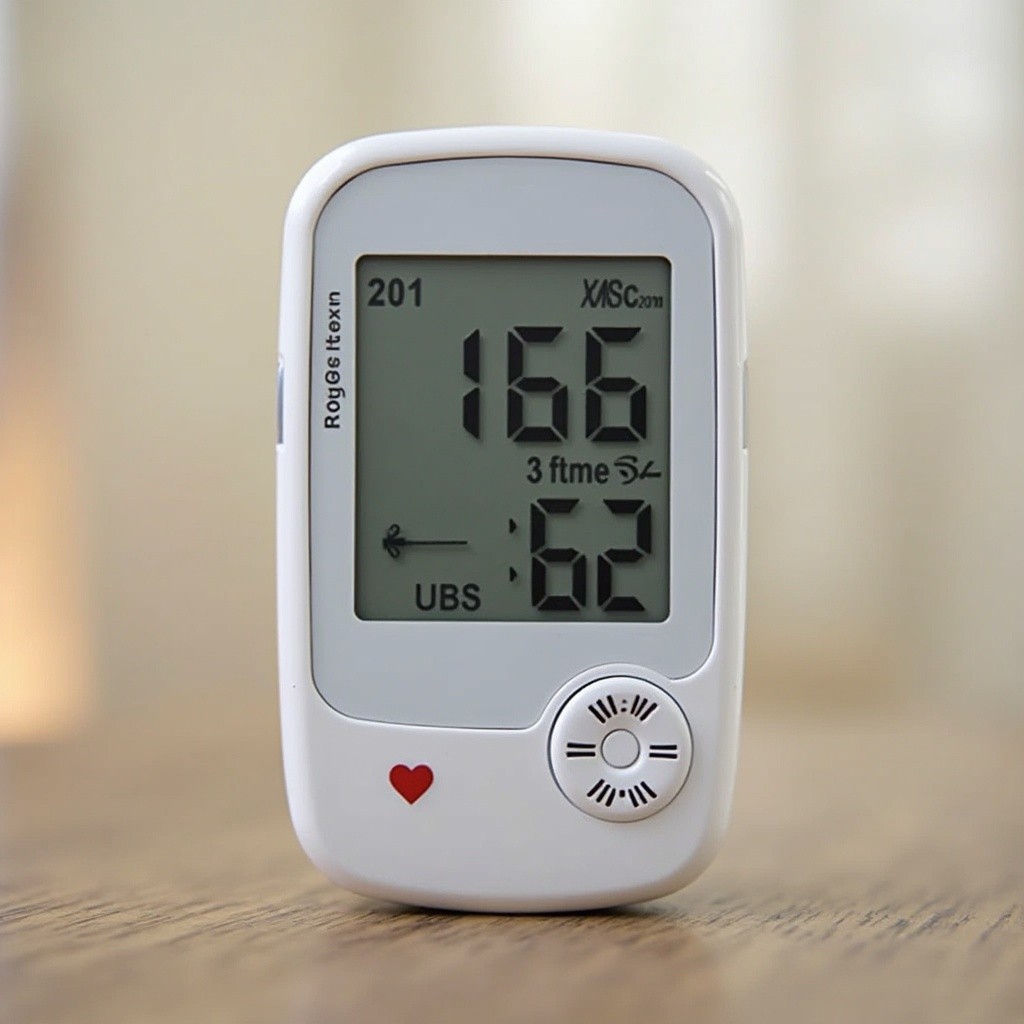In today’s fast-paced world, achieving a restful and rejuvenating night’s sleep can seem like an elusive goal. With increasing stress levels, packed schedules, and constant digital stimulation, many find themselves tossing and turning instead of getting the rest they need. Fortunately, there are numerous natural strategies and sleep-enhancing tips to help you drift off peacefully each night and wake up feeling refreshed.

Understanding the Importance of Sleep
Sleep is an essential part of our daily routine, significantly influencing our physical and mental health. It allows the body to recover, rebuild, and prepare for the next day. Poor sleep can lead to irritability, decreased cognitive performance, and a compromised immune system. Understanding the impact of sleep on your well-being is the first step in prioritizing it.
According to the National Sleep Foundation, adults should aim for 7-9 hours of sleep per night. Yet, many people fall short of this goal due to various factors. Addressing these can lead to significant improvements in sleep quality.
How to Get Better Sleep
Getting better sleep is a combination of lifestyle adjustments, environmental optimization, and sometimes incorporating natural aids. Here are some strategies to enhance the quality of your sleep:
- Create a Sleep-Conducive Environment: Ensure your bedroom is a haven for rest. This means a cool, dark, and quiet space. Consider blackout curtains and a white noise machine to block out external disturbances.
- Establish a Sleep Schedule: Going to bed and waking up at the same time every day helps regulate your body’s internal clock. Consistency reinforces the sleep-wake cycle, making it easier to fall asleep and wake up naturally.
- Limit Exposure to Blue Light: Blue light from screens can interfere with your body's production of melatonin, a hormone that regulates sleep. Turn off electronic devices at least an hour before bedtime, or use blue light filters if needed.
- Be Mindful of Food and Drink: Avoid large meals, caffeine, and alcohol before bed. These can disrupt sleep quality and delay the onset of deep REM sleep stages.
For more science-backed sleep tips, check out this resource from Health Hub HIF.
Natural Sleep Aids and Supplements
For those who struggle with sleep, natural aids and supplements can provide an additional boost. However, it’s important to use these thoughtfully and consult with a healthcare provider if unsure.
- Melatonin: A popular supplement, melatonin is a hormone that signals the body that it’s time to sleep. It’s particularly useful for individuals experiencing jet lag or shift work disorder.
- Herbal Teas: Chamomile and lavender teas are known for their calming effects and can be a soothing pre-bedtime ritual.
- Valerian Root: Traditionally used to treat sleep disorders, valerian root may improve sleep quality and reduce the time it takes to fall asleep.
- Magnesium: This mineral plays a role in the body’s production of melatonin. A deficiency in magnesium can lead to poor sleep quality, so supplements or magnesium-rich foods may be beneficial.
These natural aids are generally safe, but integrating them into a bedtime routine should involve personal research and professional guidance. Explore multiple options to find what works best for you, keeping in mind that natural doesn’t always guarantee safety.
How Effective Are Sleep Gummies?
Sleep gummies are a popular option for those seeking a tasty and convenient way to improve their rest. These typically contain melatonin or other natural ingredients like chamomile, valerian root, and passionflower. But just how effective are they?
Sleep gummies can be beneficial, particularly for individuals struggling with occasional sleeplessness due to stress or travel. They work similarly to melatonin supplements but come in a more appealing form. The effectiveness largely depends on the dosage and the specific needs of the individual. It is crucial to consult a healthcare provider regarding the appropriate dosage and ensure that these supplements don’t interact with other medications.
For further insights on natural ways to enhance sleep, consider visiting the resource provided by the World Marathon Majors.
The Role of Lifestyle in Sleep
Beyond setting up the perfect environment and using supplements, your daily lifestyle plays a pivotal role in sleep quality.
- Exercise Regularly: Regular physical activity can promote better sleep, helping you fall asleep faster and enjoy deeper sleep. However, intense exercise close to bedtime can stimulate you, so aim to complete workouts at least a few hours before hitting the sack.
- Manage Stress: Practicing relaxation techniques such as deep breathing, meditation, or yoga can help manage stress levels and prepare the mind for sleep. Stress is a significant contributor to sleep disorders like insomnia.
- Limit Naps: While napping can be beneficial, particularly for those who don’t get enough nighttime sleep, it’s essential to limit naps to 30 minutes and avoid late-afternoon naps as they can interfere with nighttime sleep.
It may take time to see improvements, so remain patient and committed to these lifestyle adjustments for sustainable results.
Understanding Sleep Disorders
Understanding whether your sleep issues are due to lifestyle factors or more severe sleep disorders can be crucial in addressing them effectively. Sleep disorders like insomnia, sleep apnea, and restless leg syndrome require medical diagnosis and may need specific treatments.
If you suspect a sleep disorder, consider consulting a healthcare professional who can guide you through appropriate assessments and treatments. Addressing sleep disorders not only improves sleep quality but also protects against associated health risks like cardiovascular diseases and diabetes.
Conclusion
Achieving better sleep naturally is within reach by making informed lifestyle choices, optimizing your sleep environment, and considering natural aids and supplements. By understanding your unique sleep needs and making gradual adjustments, you can enjoy more refreshing and restorative nights. Sleep is a critical component of a healthy lifestyle, and its importance cannot be overstated. Embrace these strategies and prioritize sleep for a happier, healthier life.




